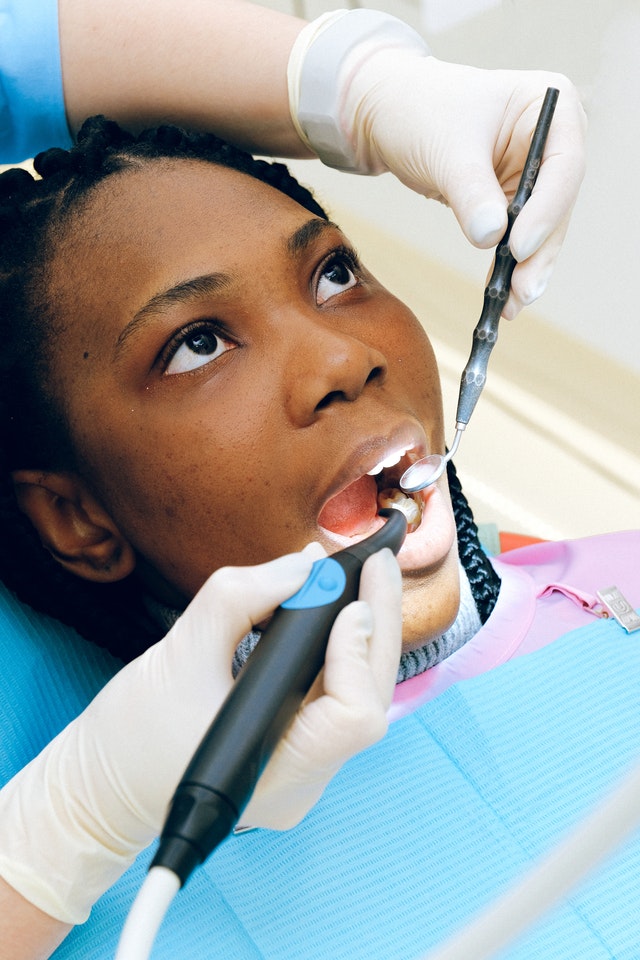Even though you do your best to take good care of your teeth by brushing twice per day and flossing daily, visiting your dentist is also an essential part of any effective oral care routine. Typically a recommendation is to schedule visits with a dentist every six months to maintain optimal oral health. While there’s not much you have to do to prepare for this office visit, there are a few things you can do to have a more effective and more pleasant experience.
Verify Your Appointment
It has probably taken you time to choose a dental care facility from among numerous options in your area such as the dentists in Westerville Ohio, so you will want to maintain a good relationship with your dentist. You can achieve a good relationship by making sure you make your appointments for treatment or cancel them with reasonable notice. When you do have an appointment for a checkup or treatment, it’s a good idea to call the office one day before the scheduled office visit. Usually, the office staff will call you to verify the appointment, but, if you don’t hear from them, call the office to verify your appointment. If there is a scheduling error or conflict, this will give you time to correct the issue.
Know When to Start Fasting
You might know that you should fast for 24 hours before undergoing surgery in a hospital. While you won’t have to fast that long before visiting your dentist for a checkup, there should be a brief period of fasting. Unless your dentist tells you otherwise, you should avoid eating or drinking anything at least five hours before your appointment time. If you get thirsty within those five hours, you can drink water. Drinking more water will help your mouth stay hydrated. This is a good way to combat the mouth dryness caused by the teeth cleaning process. If you schedule your oral exam for early in the morning, you can plan to eat lunch shortly after the exam. This will help you stay on track with your meal schedule so fasting won’t seem so obtrusive or inconvenient.
Brush and Floss
Shortly before you leave for your dental checkup and cleaning, you should take the time to thoroughly brush and floss your teeth. It’s a good idea to floss first to help loosen food particles from tight spaces between your teeth. It is best to use fluoridated toothpaste and rinse with a fluoridated mouthwash. Since you won’t eat or drink anything after you brush, the fluoride will have some extra time to coat your teeth and gum tissue. Ensuring your mouth is as clean as possible will do more than just keep your breath fresh for your dentist. It will also make it easier to find signs of tooth decay and gum disease.
Try to Relax
If you feel anxious or nervous about visiting a dentist, you should realize that you’re not alone. Many people have had unpleasant experiences that have given them a fear of dentists. If you spend too much time thinking about the office visit or worrying about the exam, you’ll get yourself worked up without a good reason. Oral exams and cleanings are benign procedures that don’t cause pain. If the dentist thinks there will be discomfort during the cleaning, they will numb the gum tissue to prevent pain. Instead of worrying about something that won’t happen, focus your mind on relaxing activities. Read a book, watch a comedy, or listen to inspiring music until you’re ready to leave for your appointment.
Plan to Arrive Early
You should plan to arrive at the dentist’s office up to 30 minutes before your scheduled appointment. If there is heavy traffic, this will still leave you enough time to get to the office. If there isn’t trouble with traffic, you’ll arrive early enough to complete your paperwork. You will need a few minutes to fill out forms regarding your oral health history, insurance information, and personal details. Getting to the office early will also give you time to relax before it’s time for your dental exam.
Seeing your dentist twice a year will help eliminate plaque and tartar to ensure there’s a lower chance of tooth decay and gum disease. These visits will also help your dentist watch for signs of oral cancer. Regular dentist visits will help reduce the anxiety you feel about dentistry so you will get help when you do need it.

